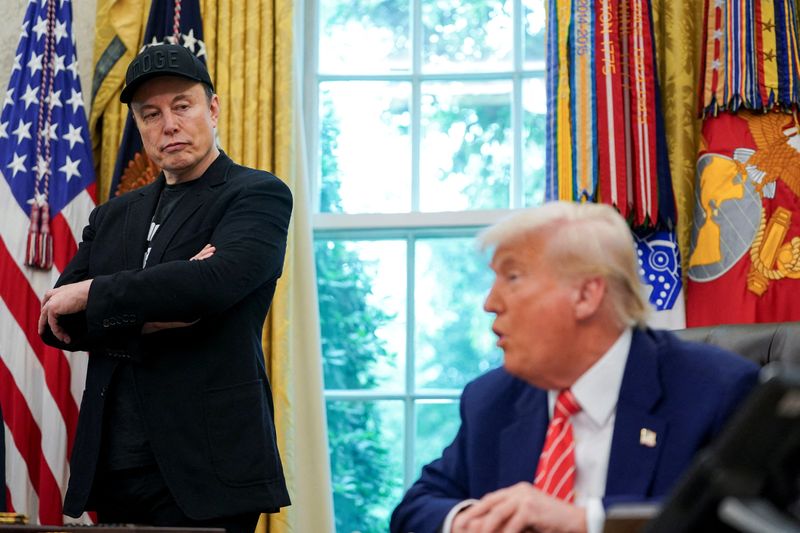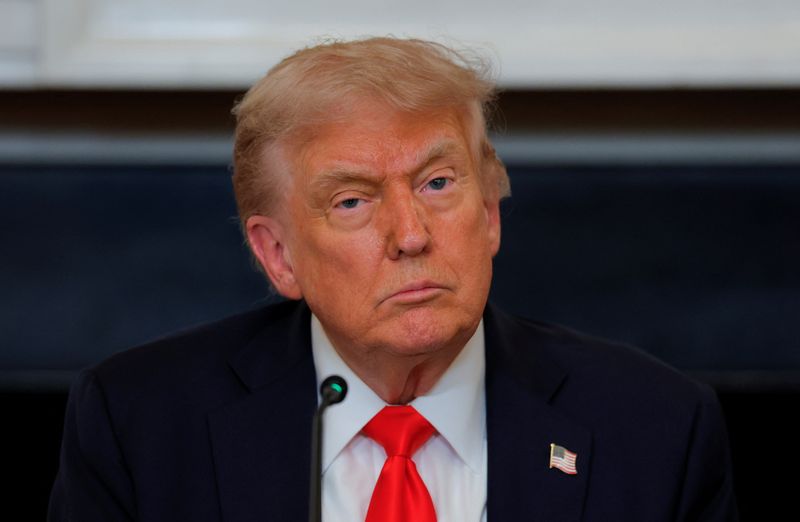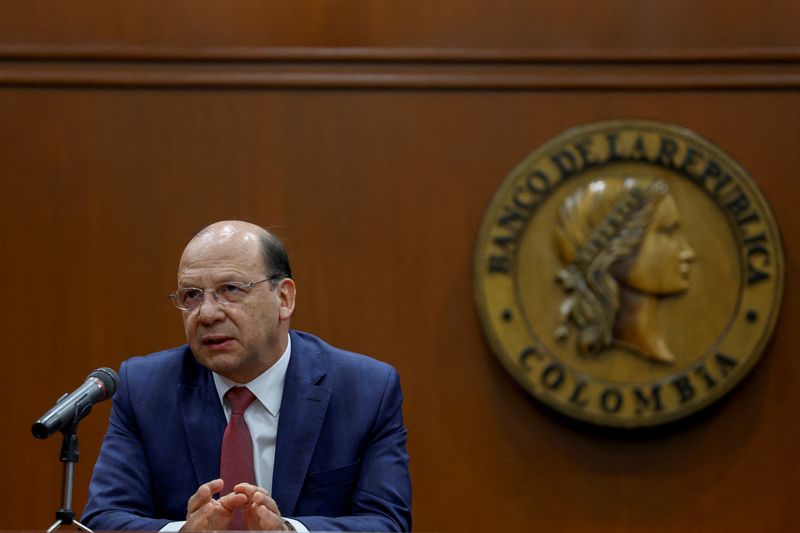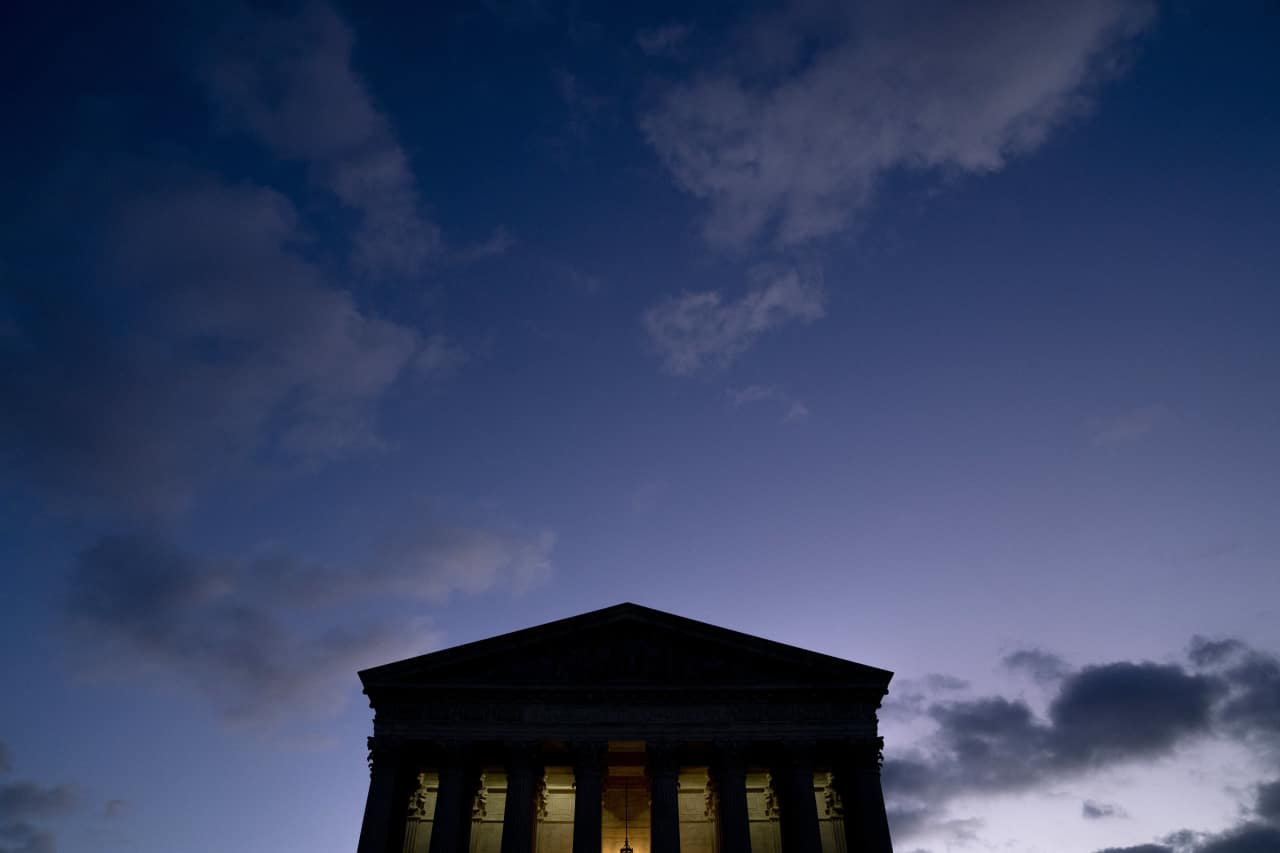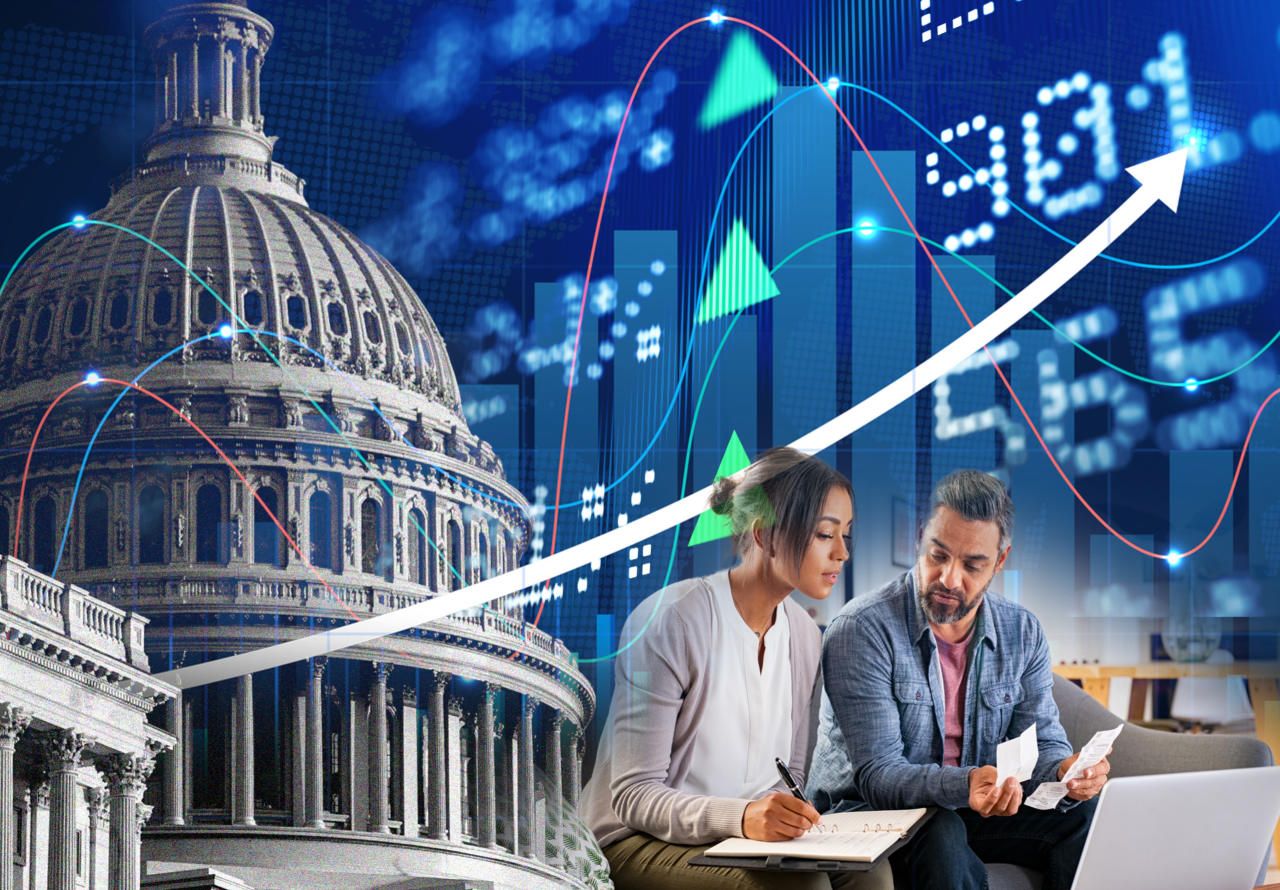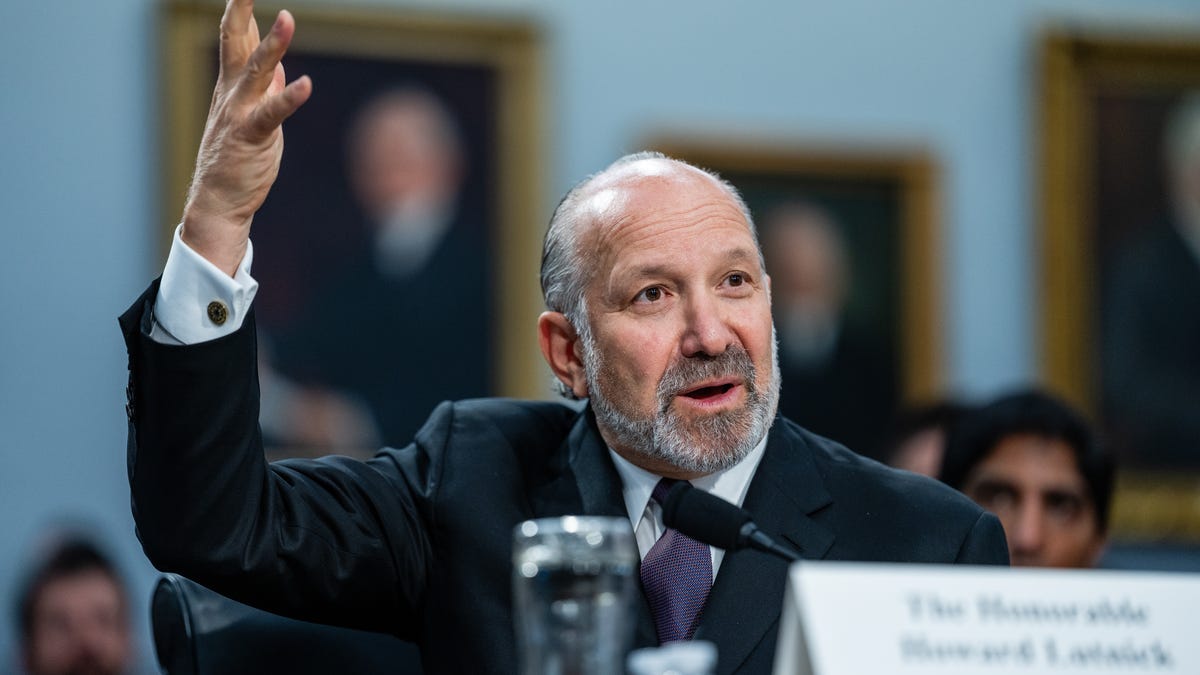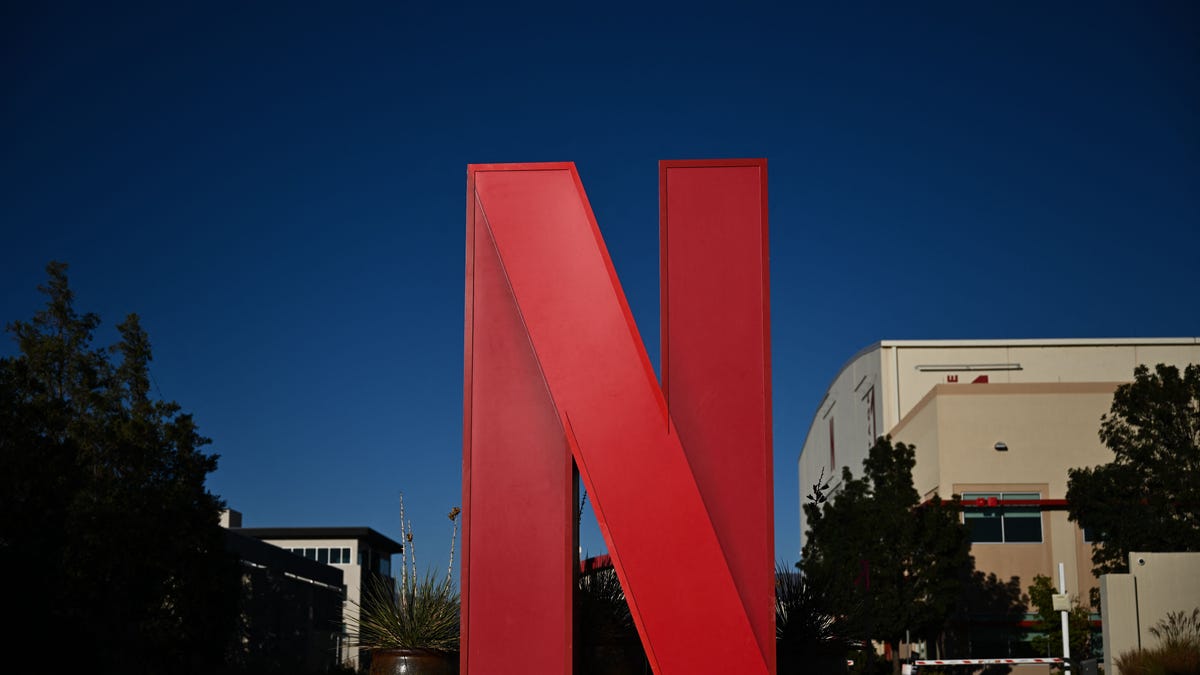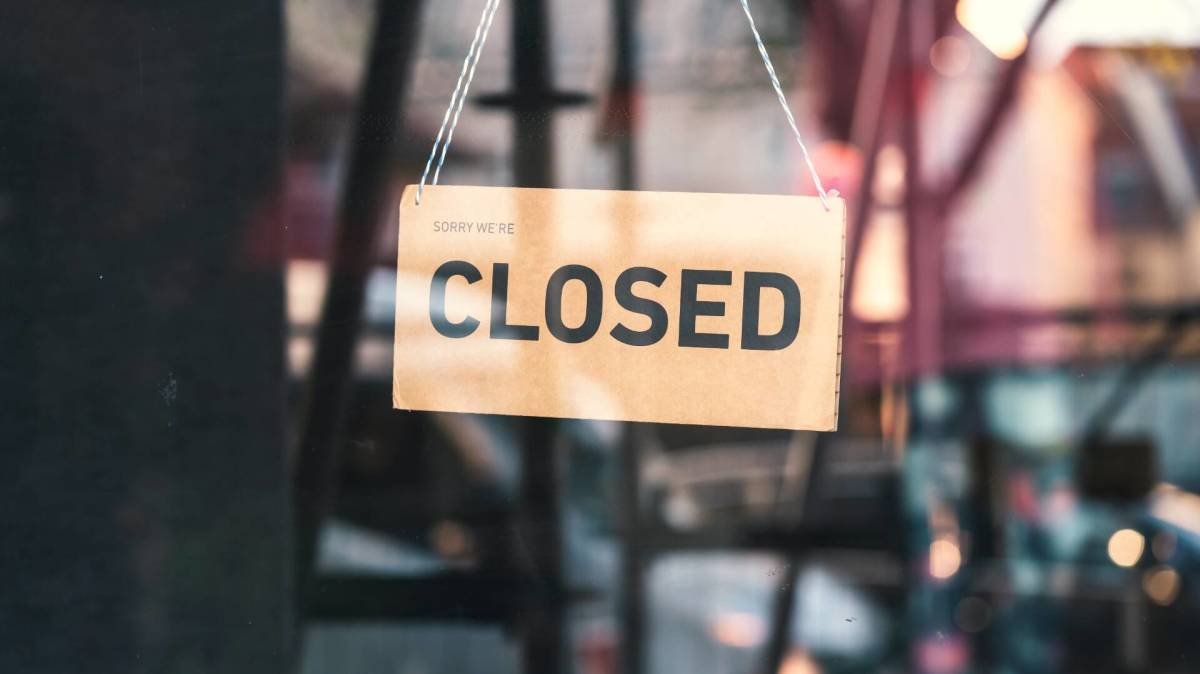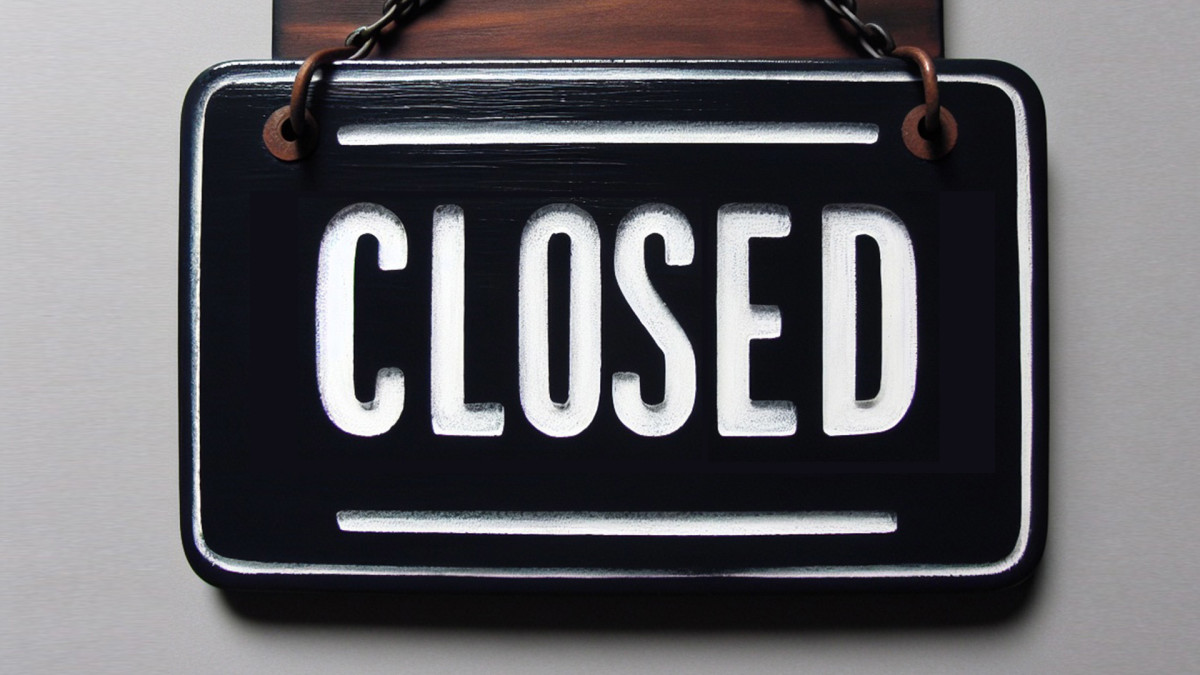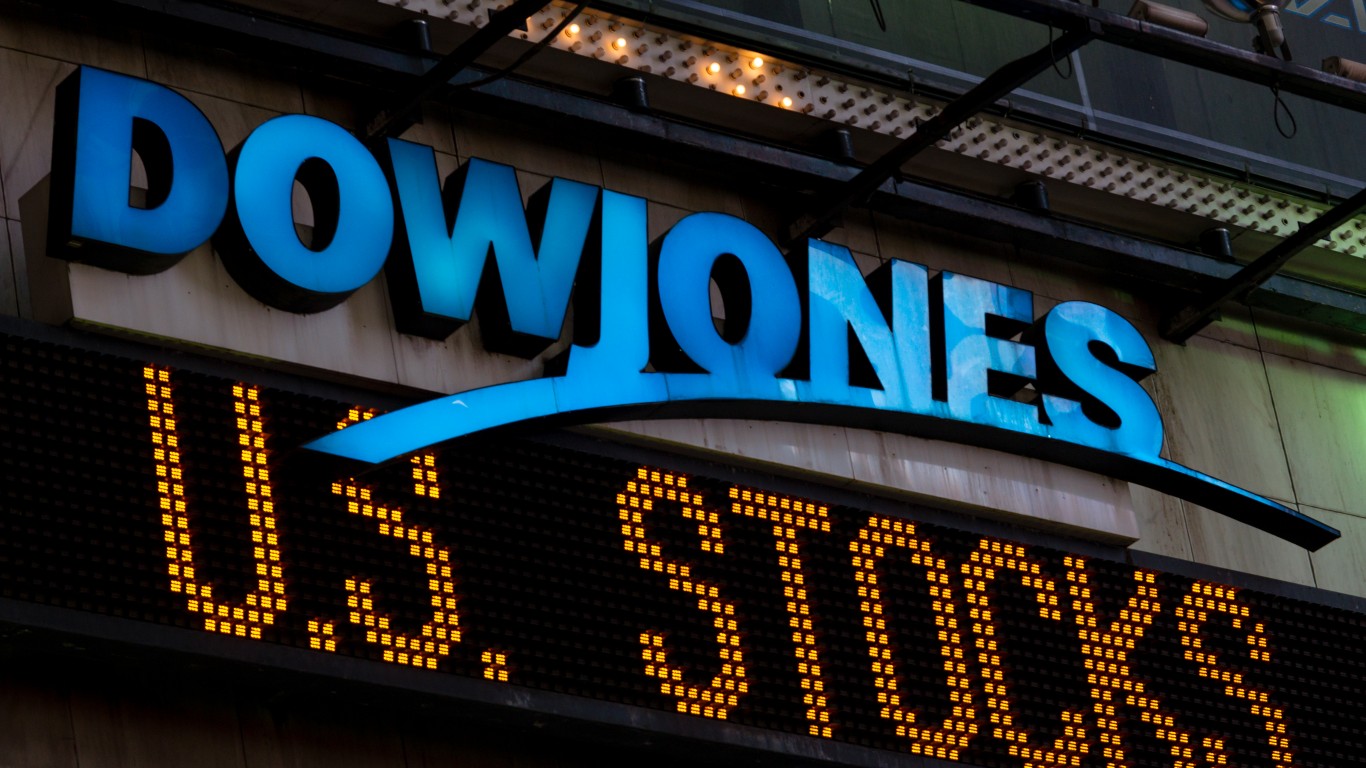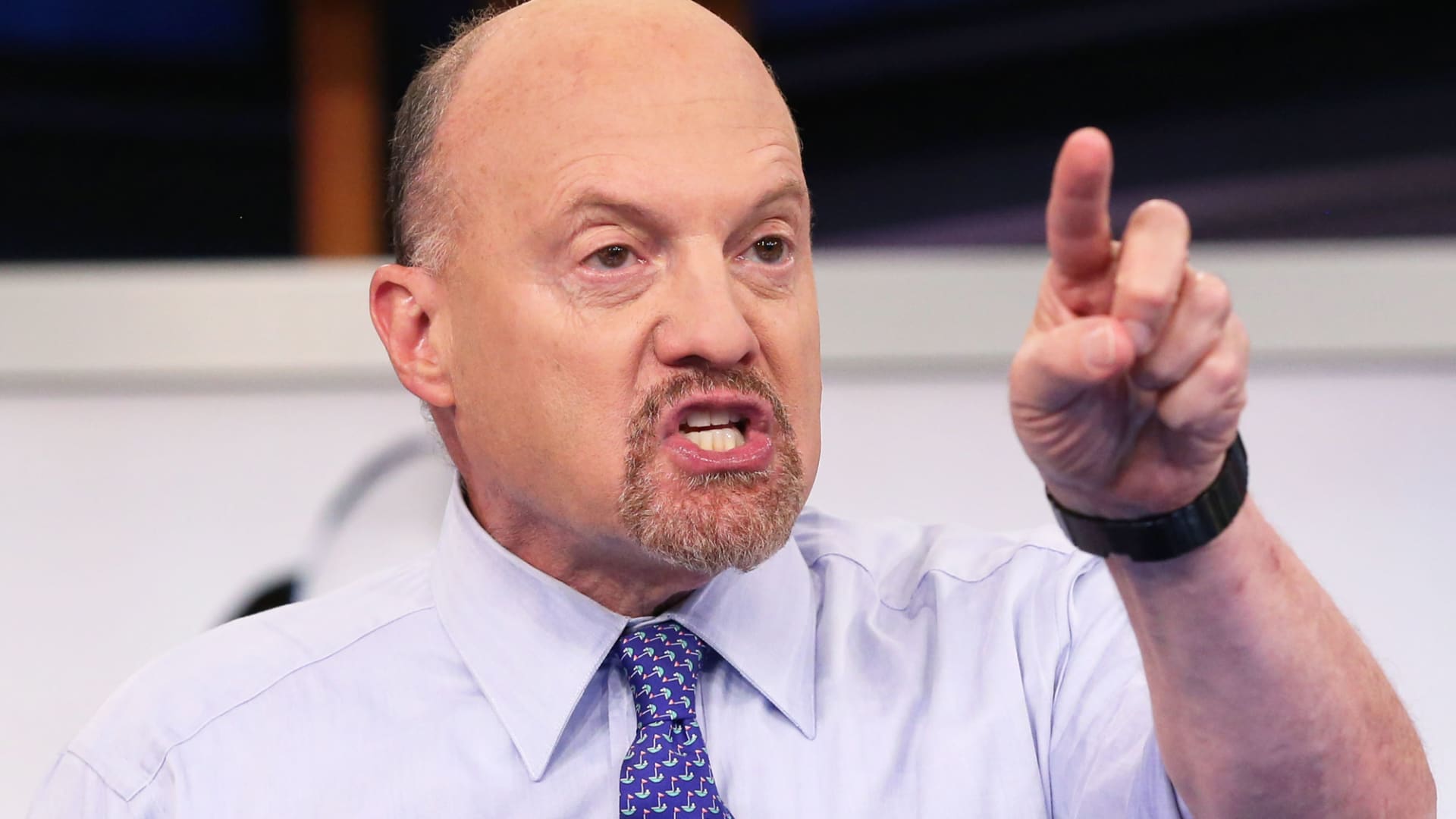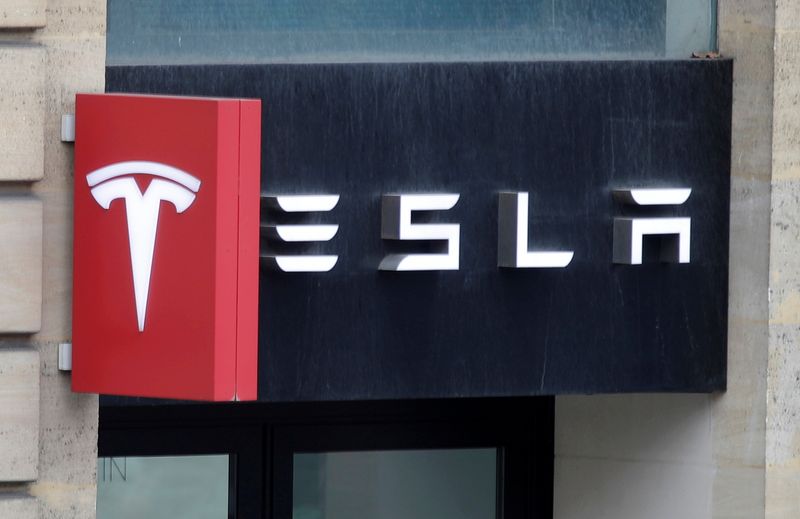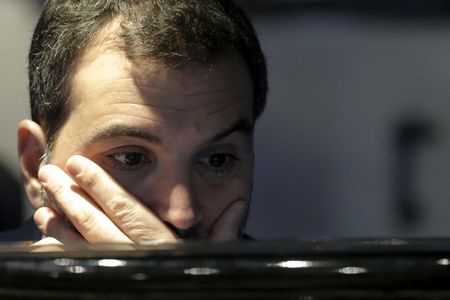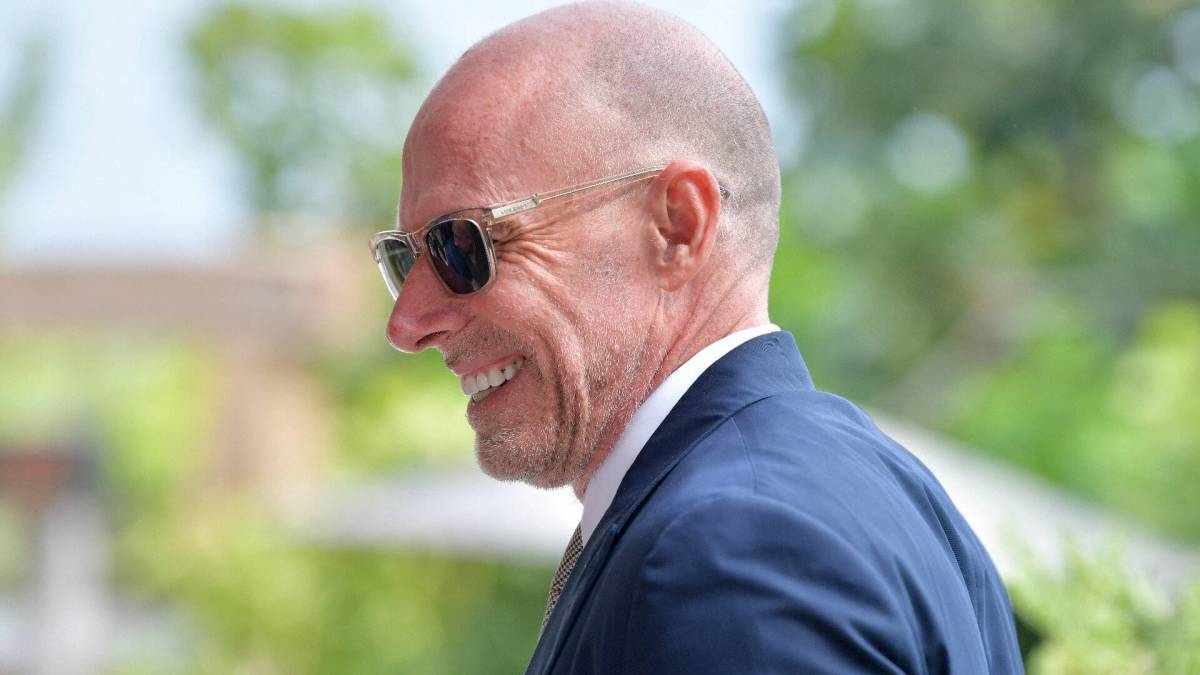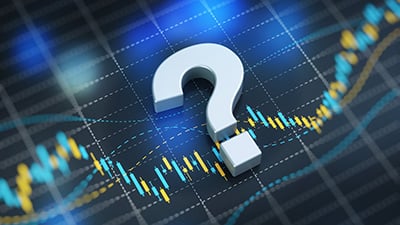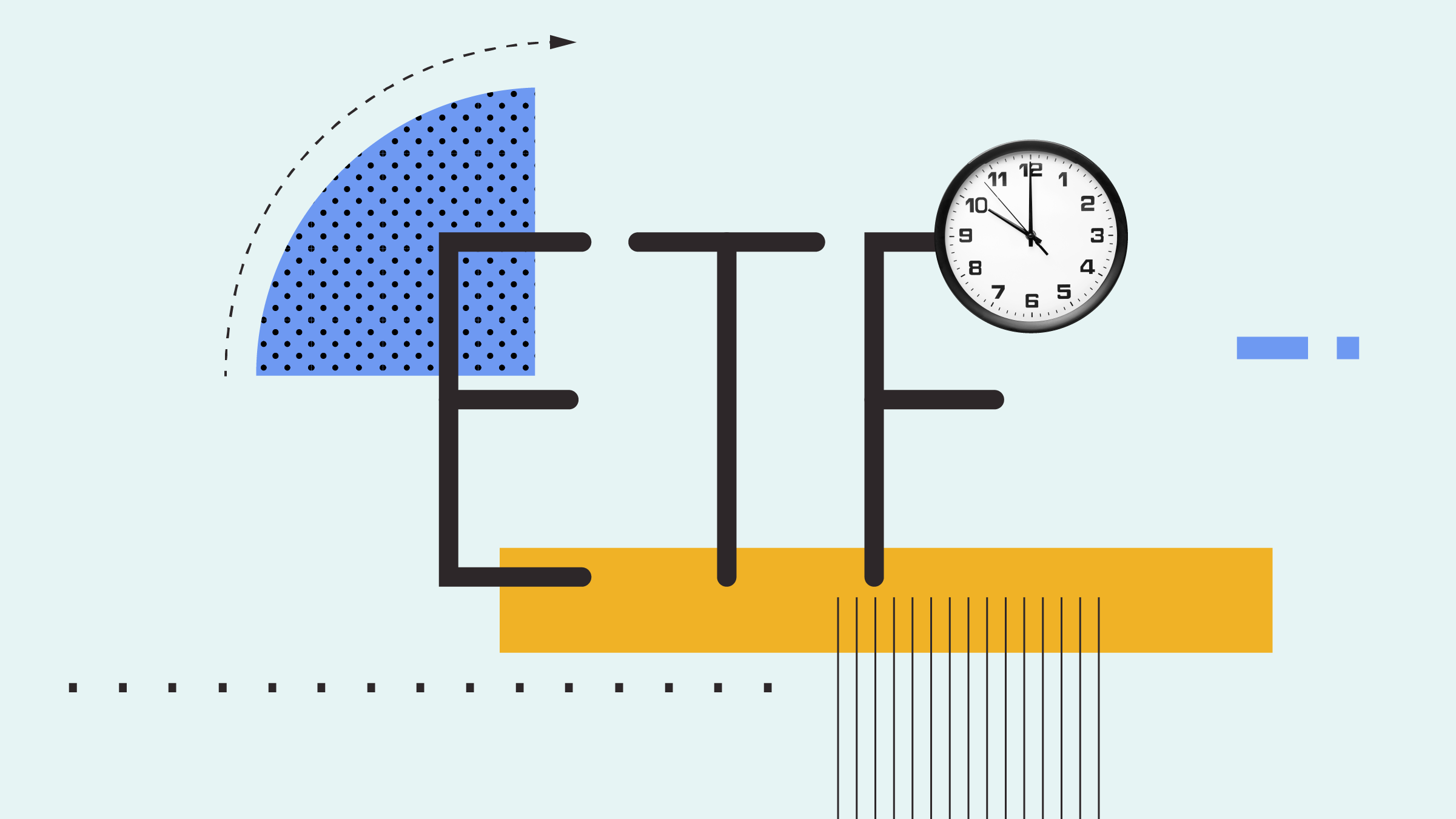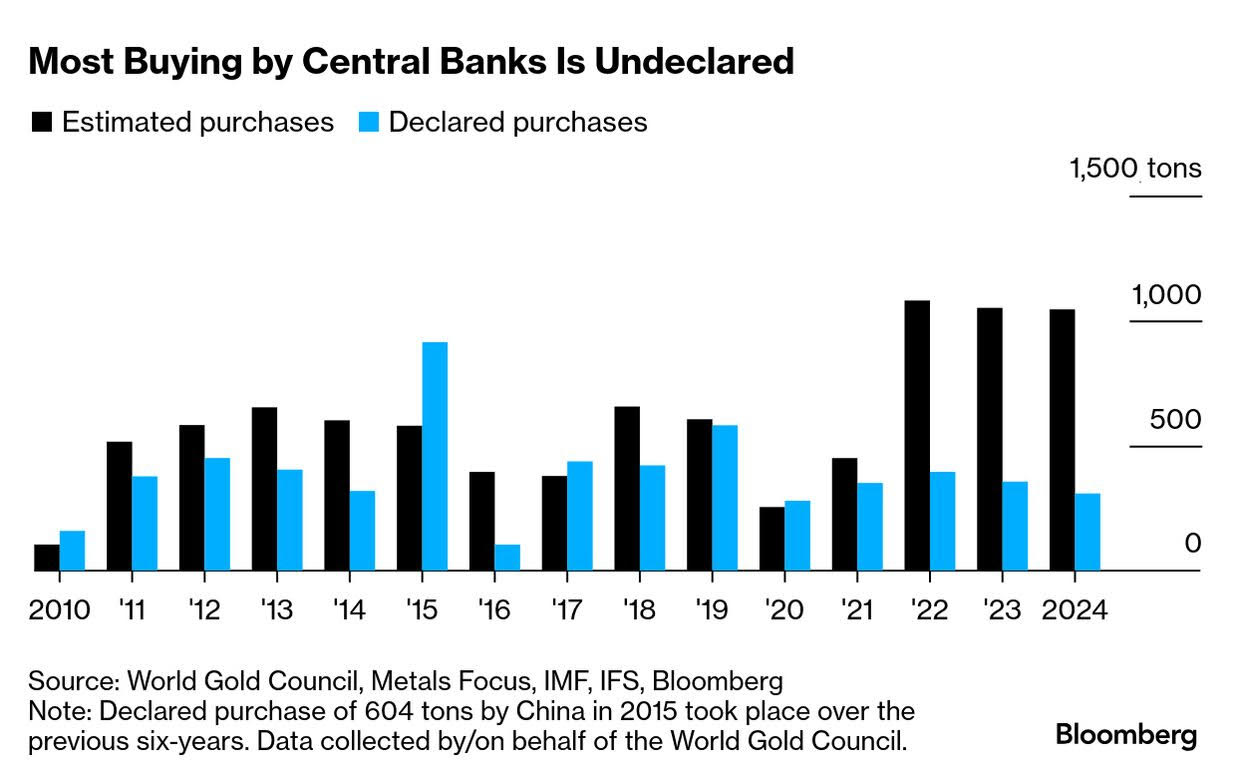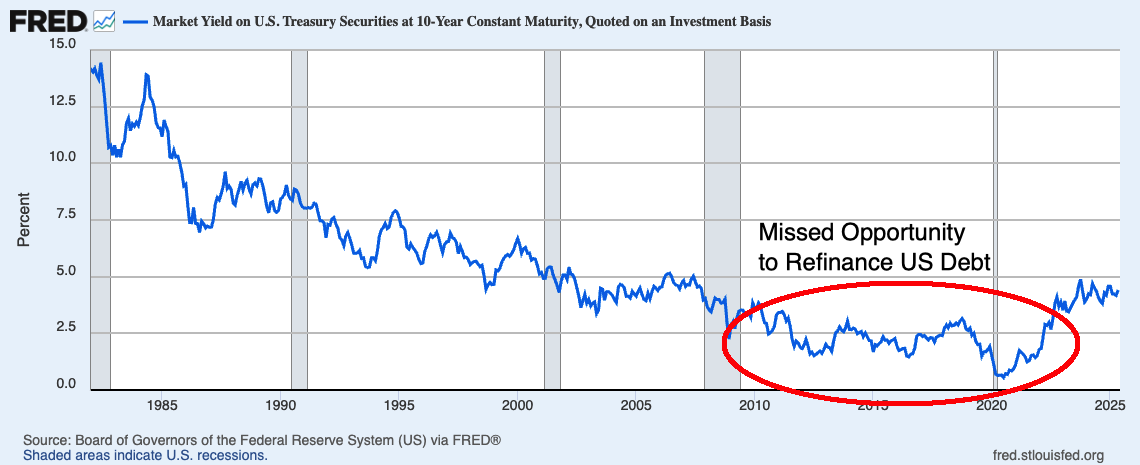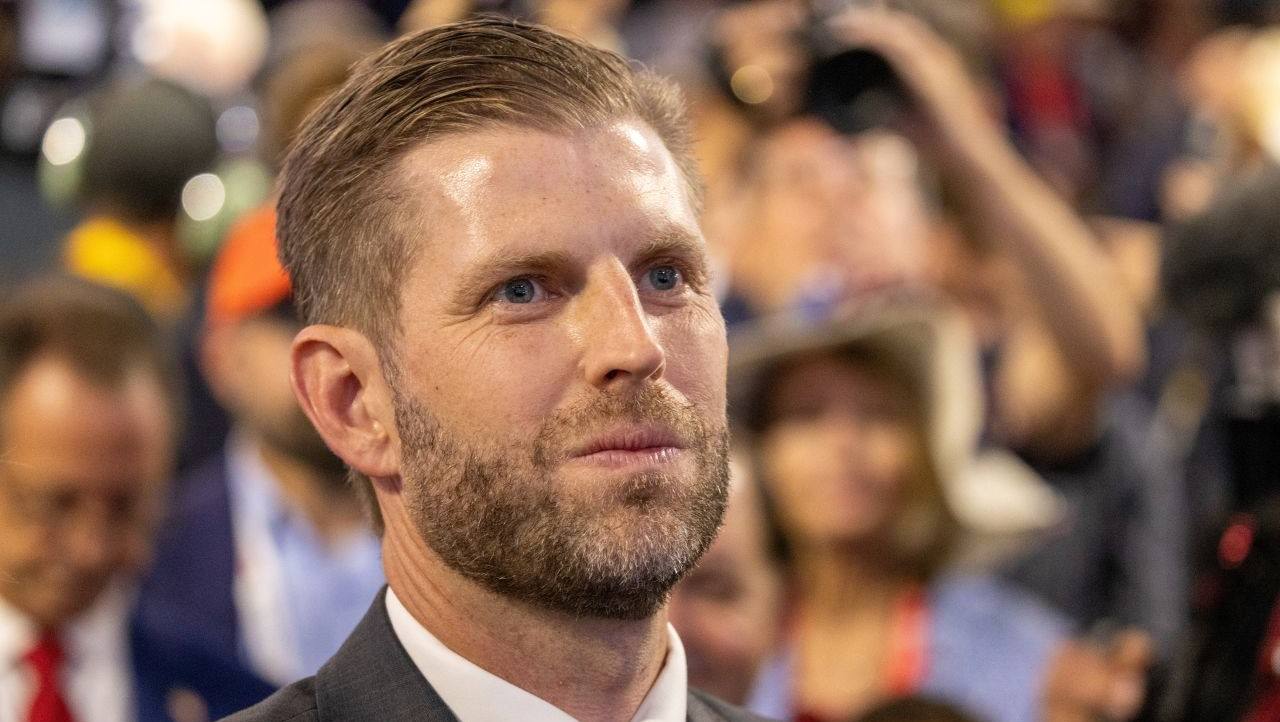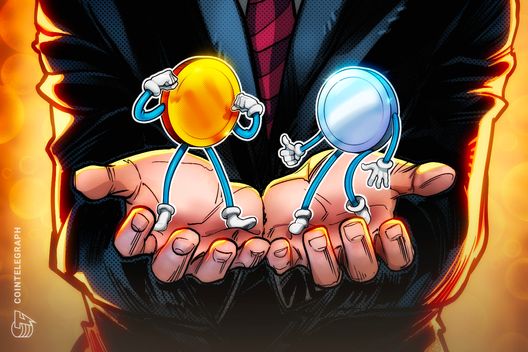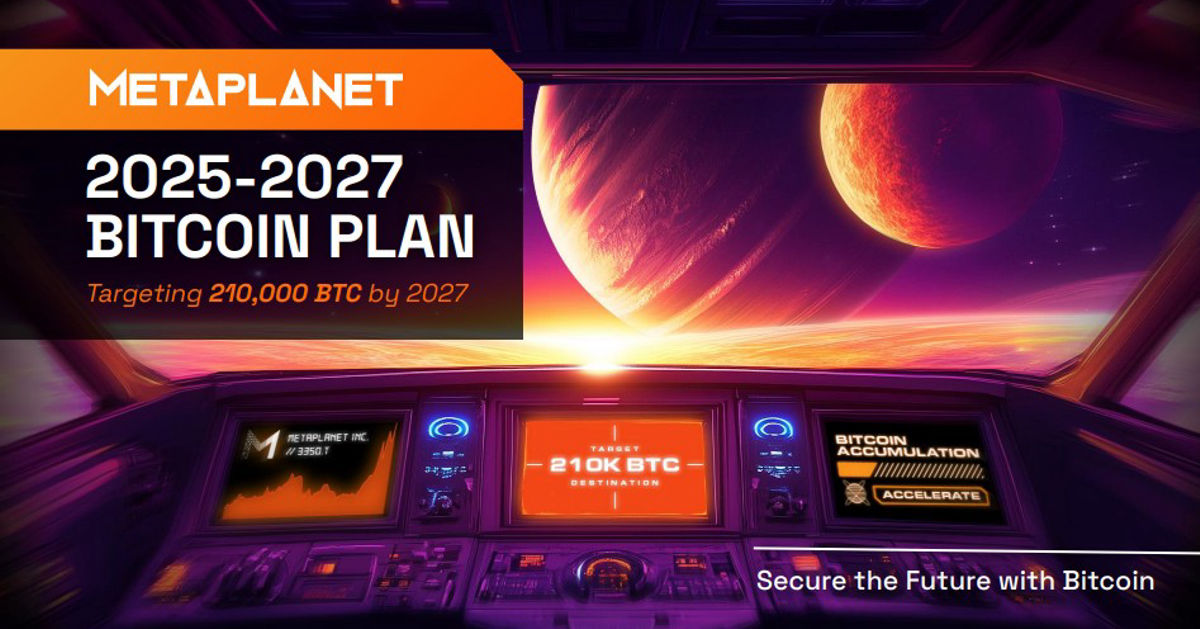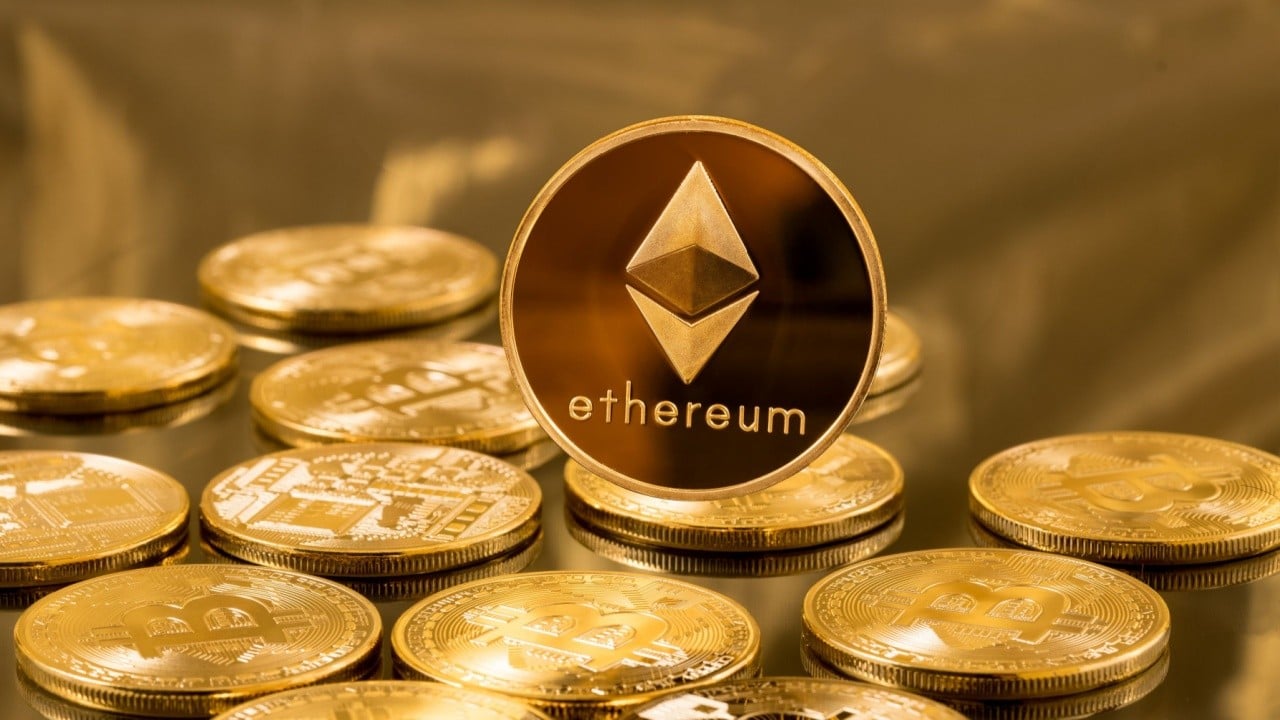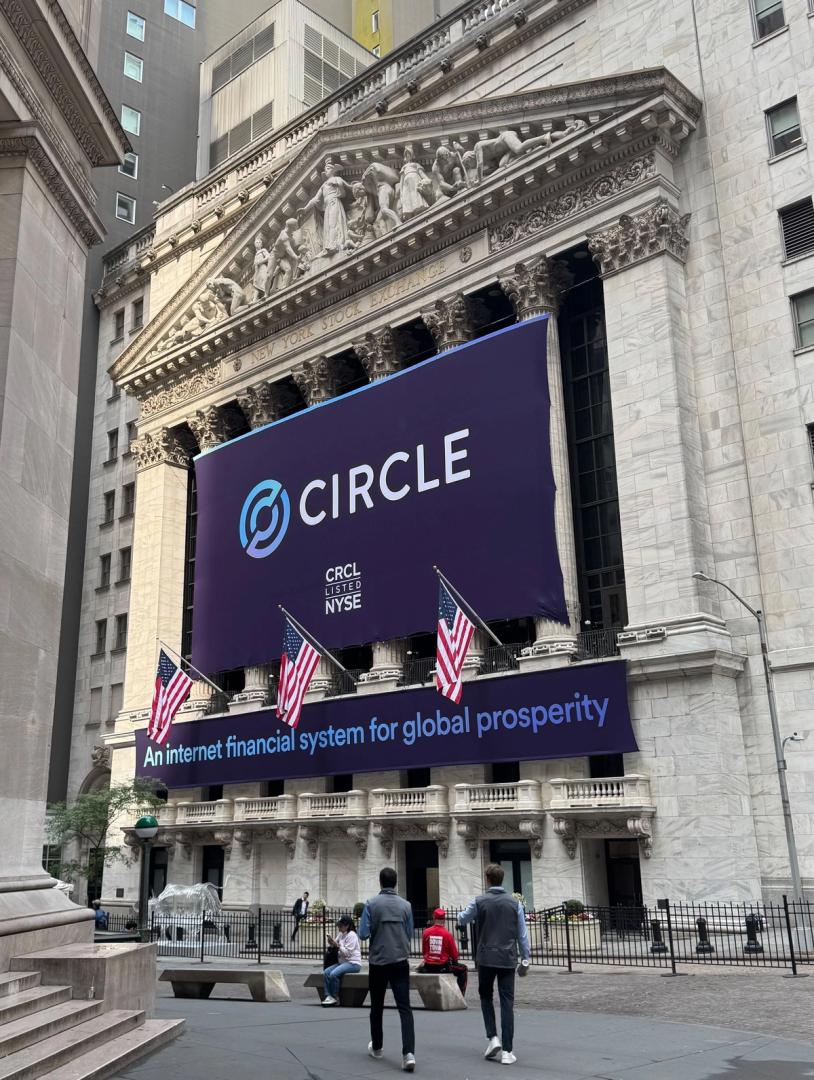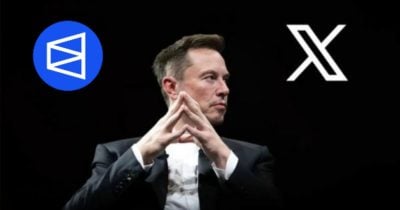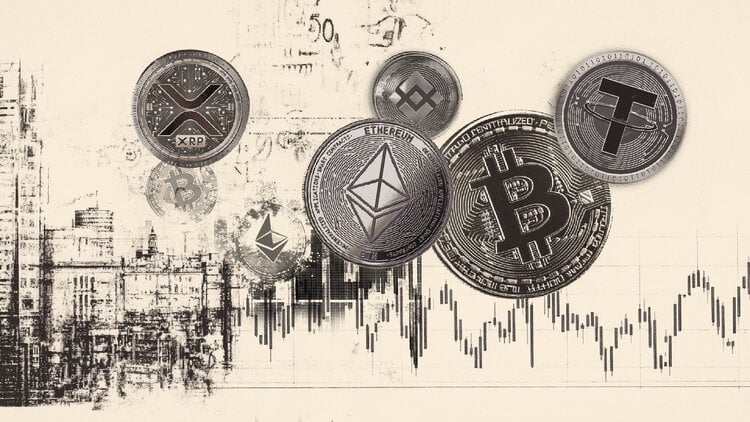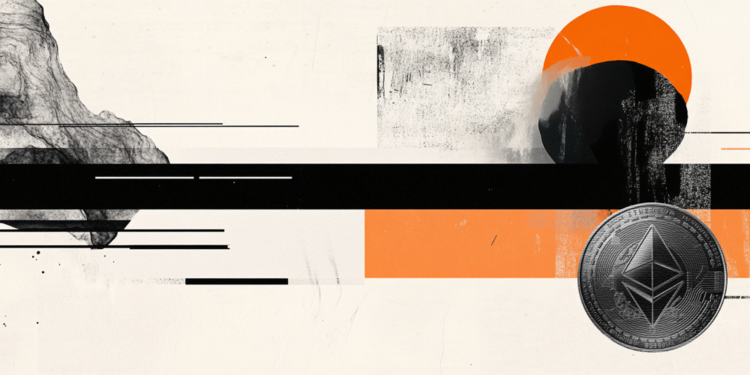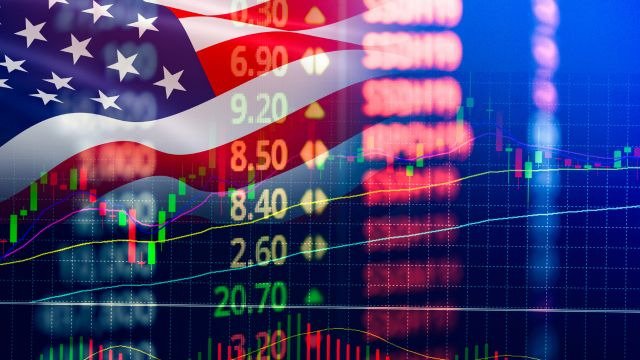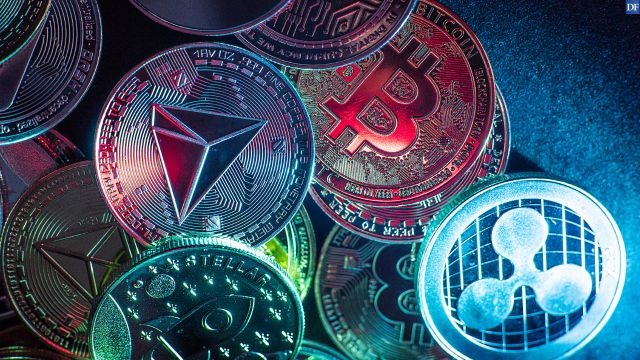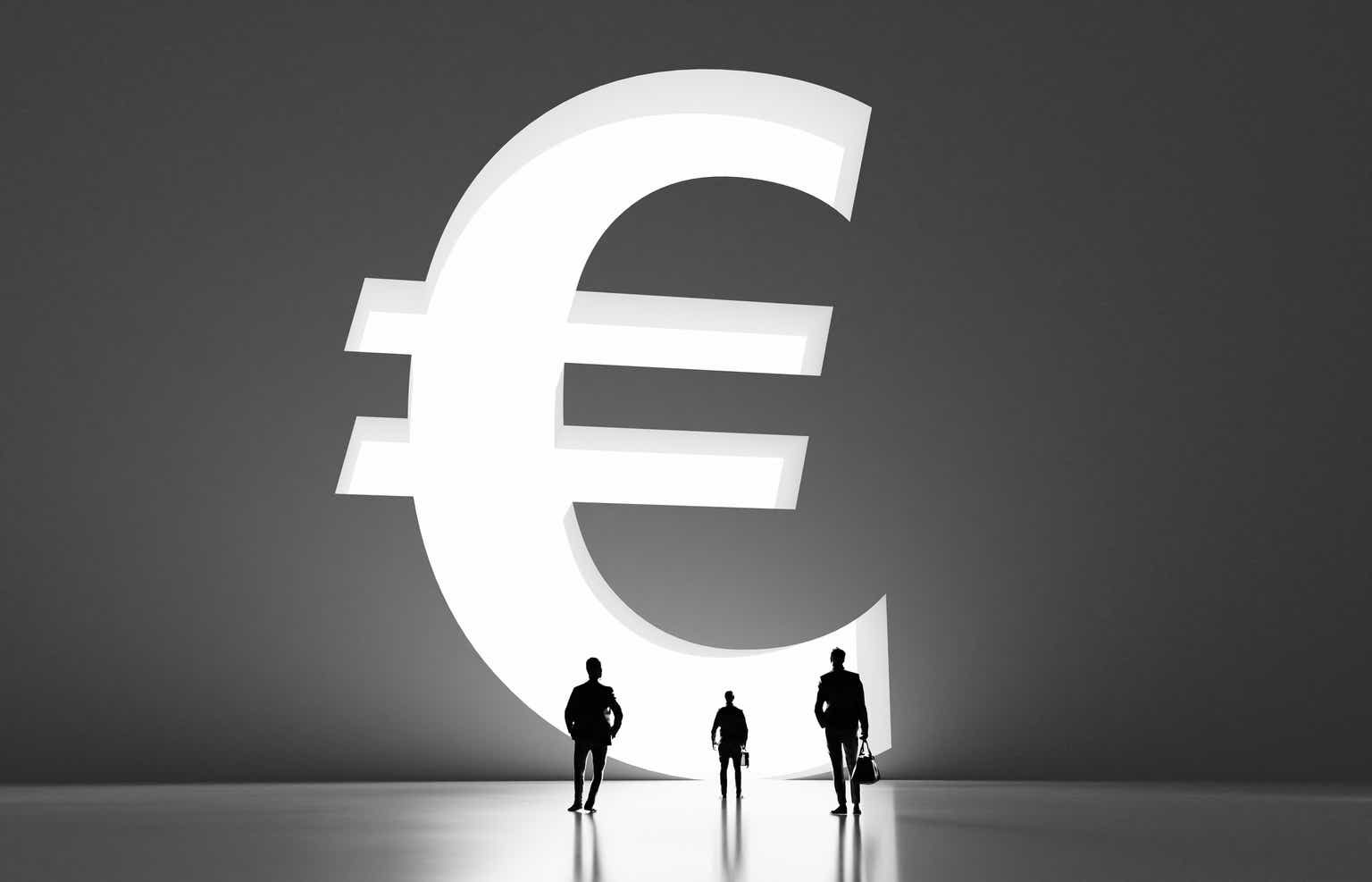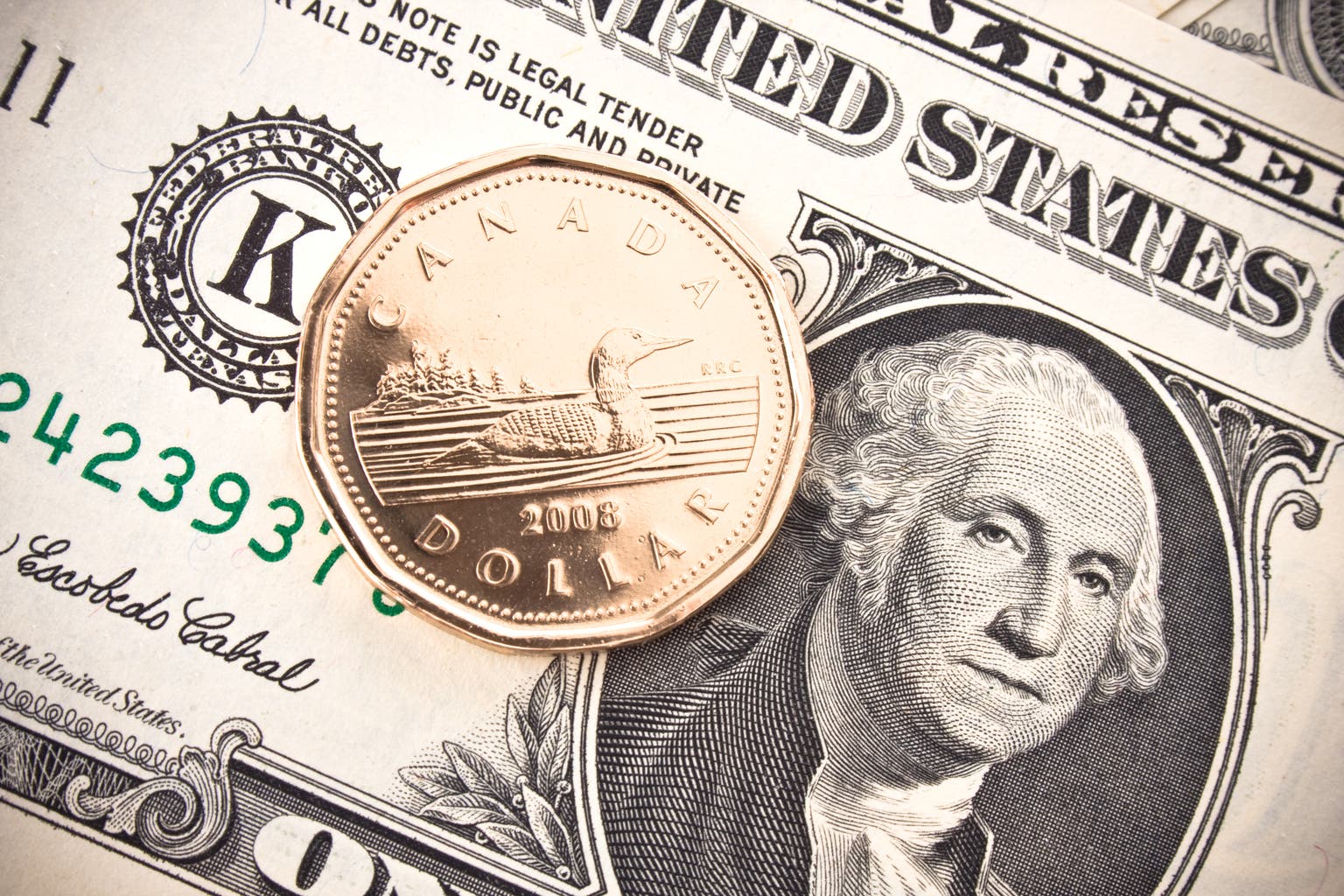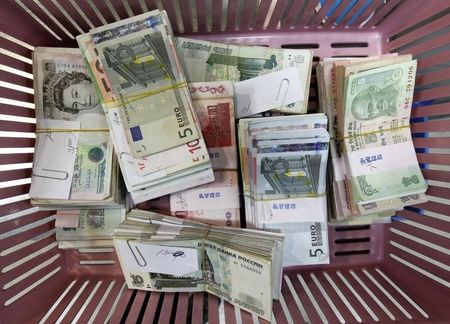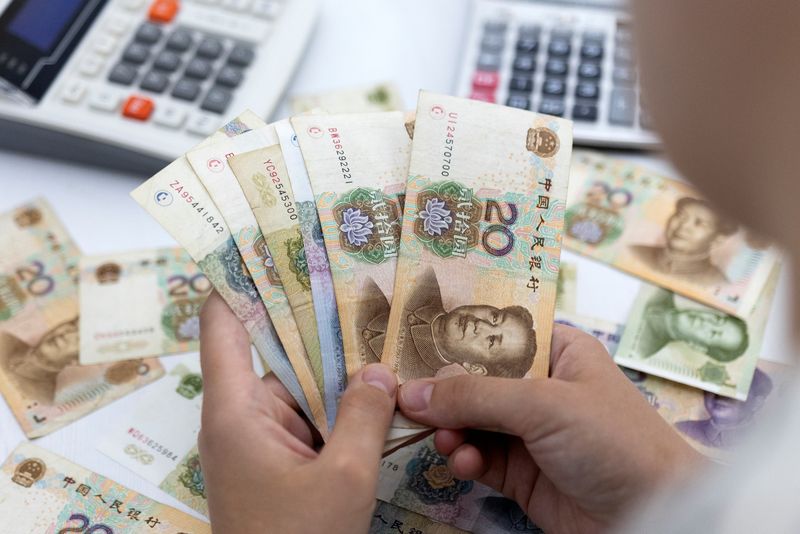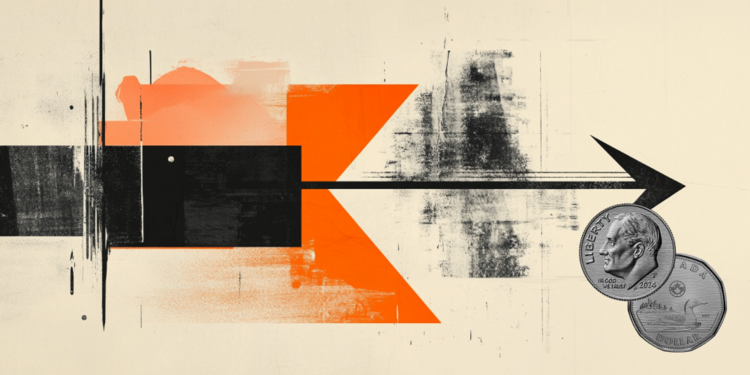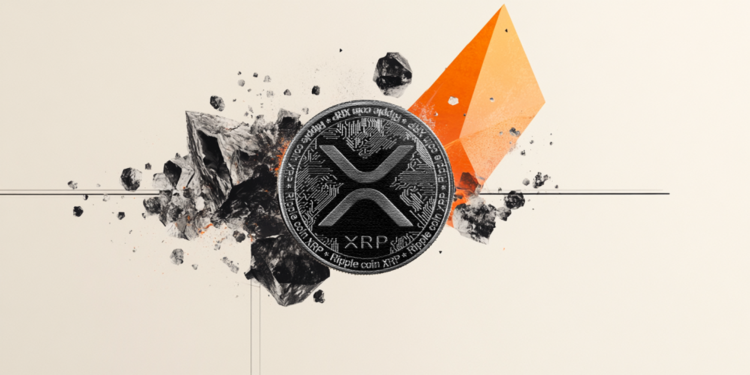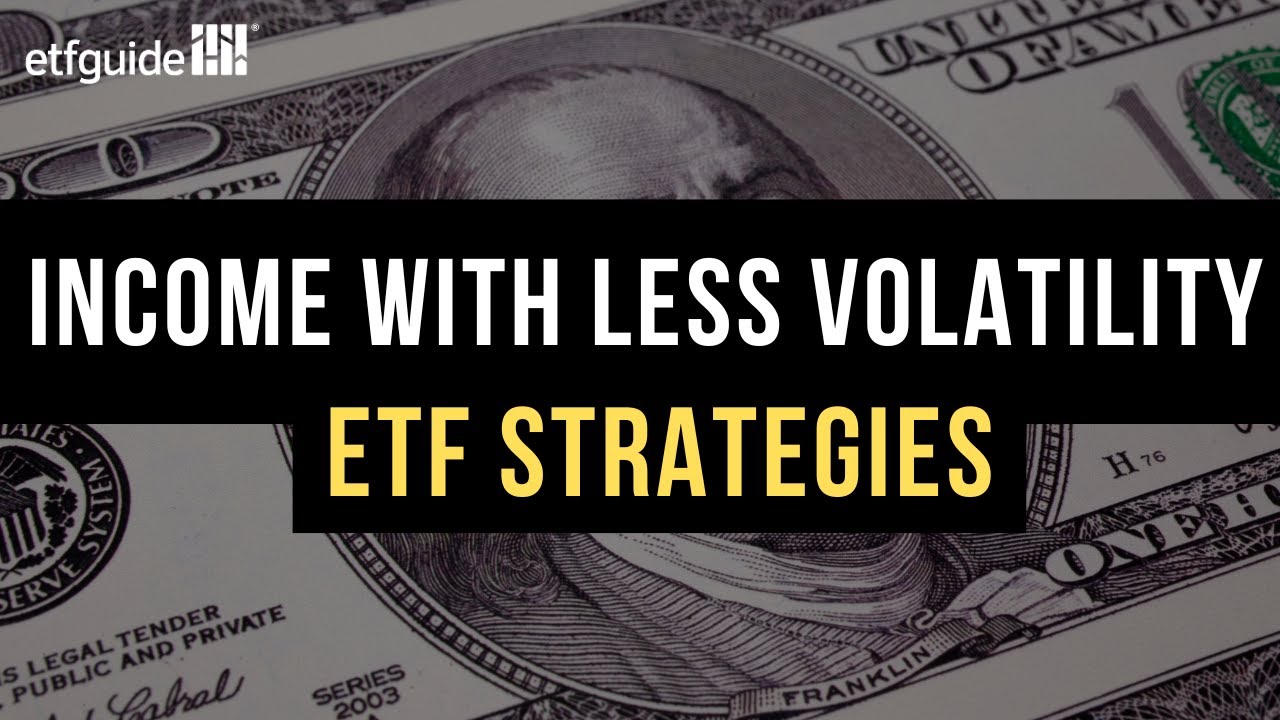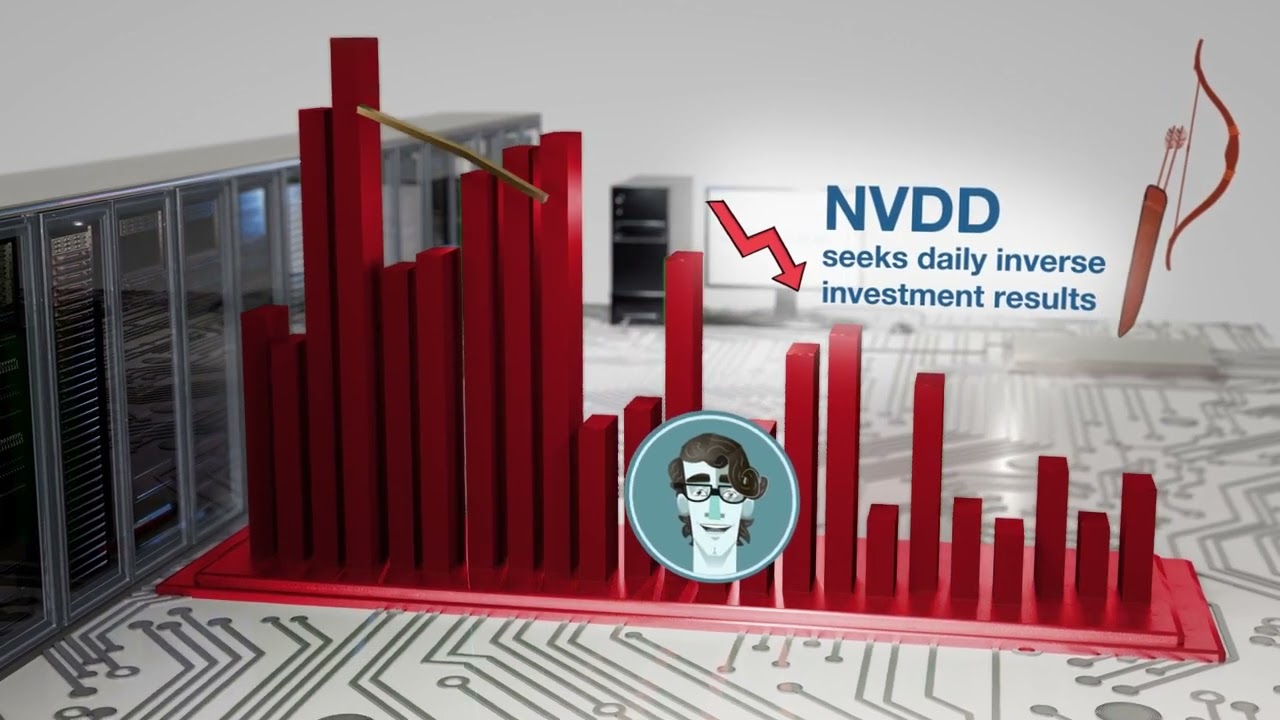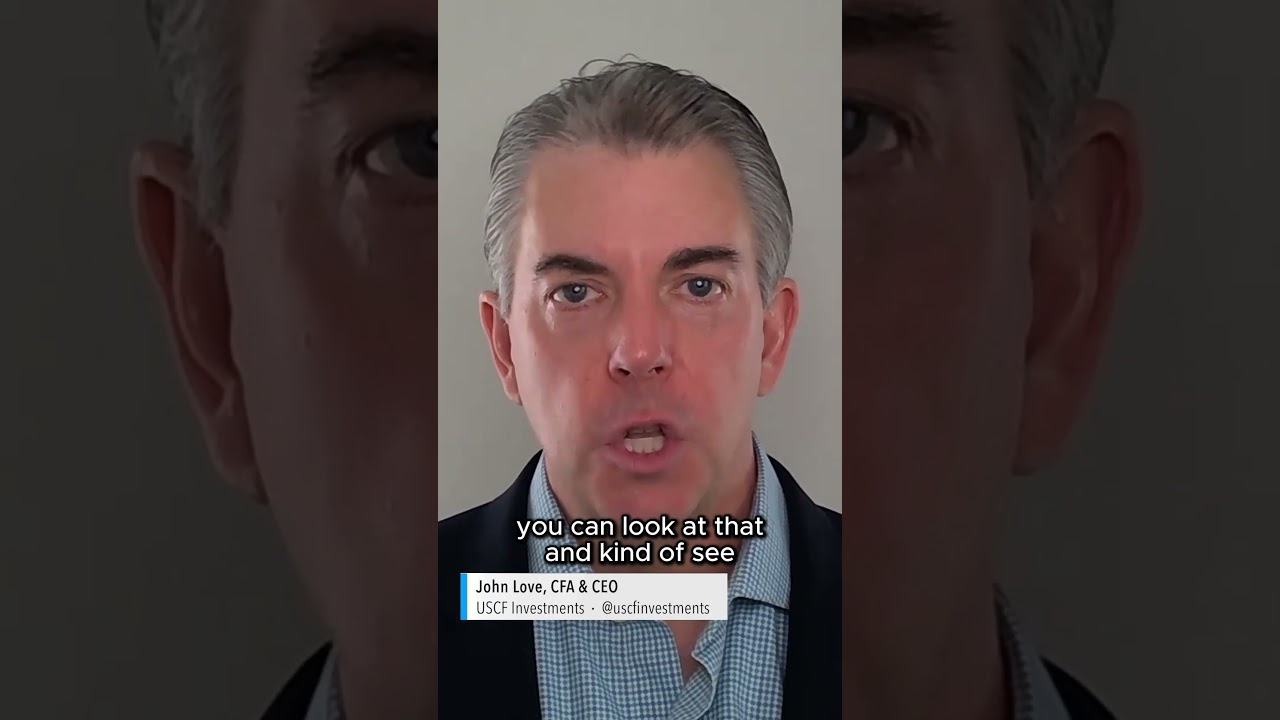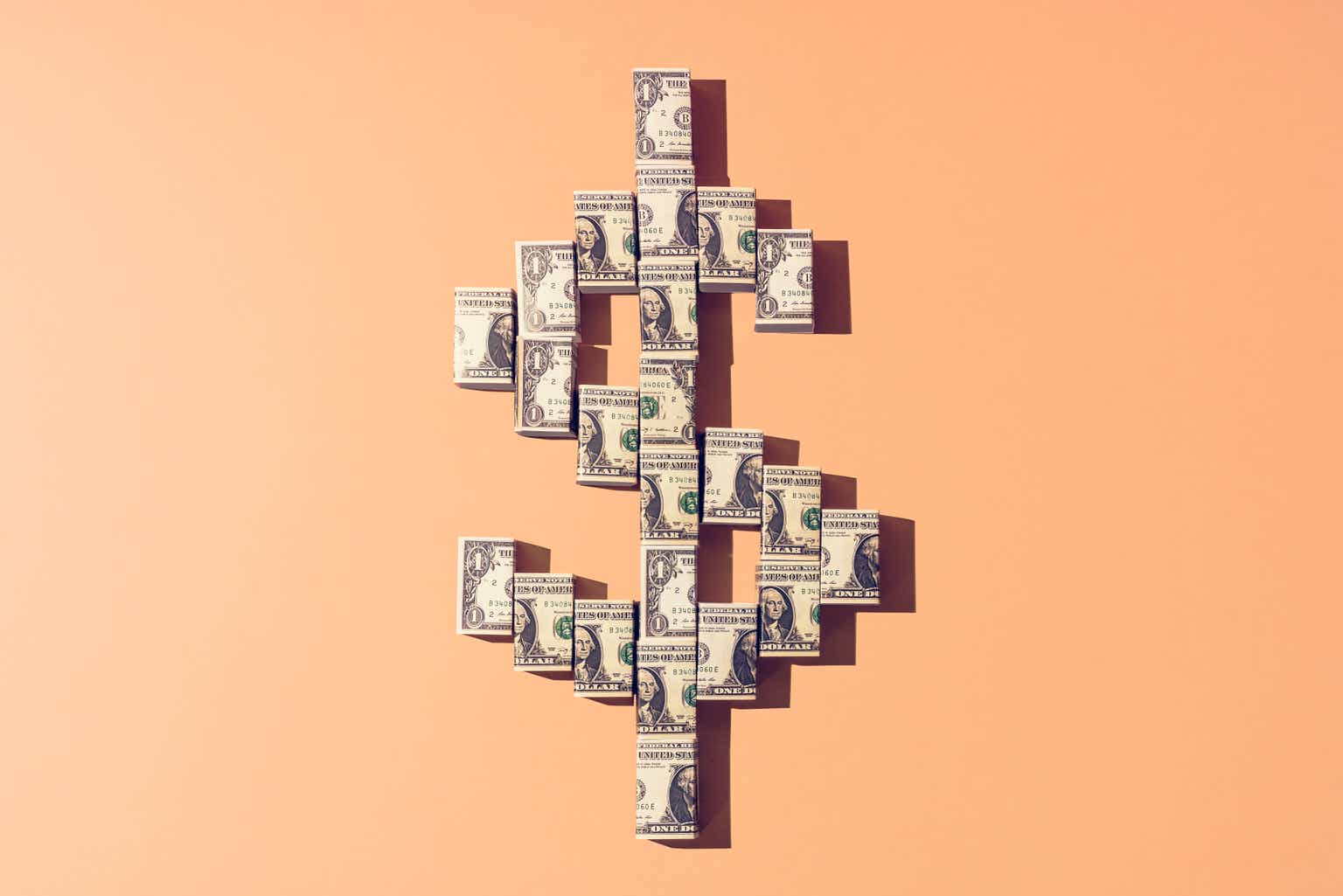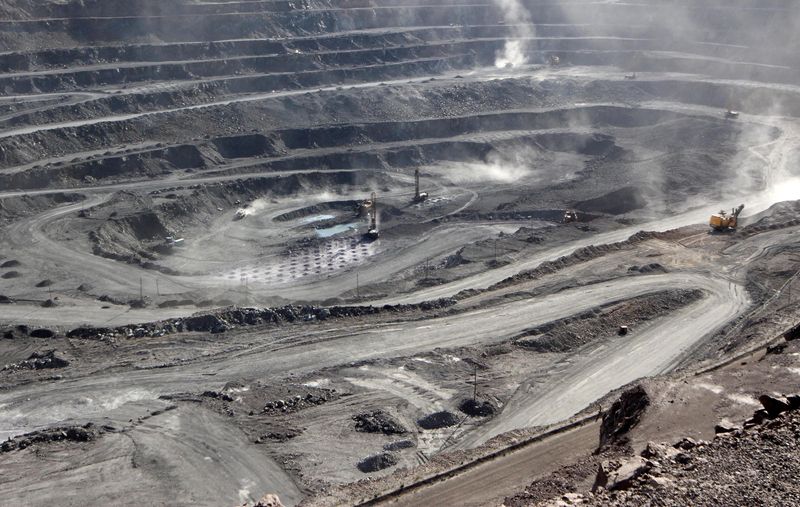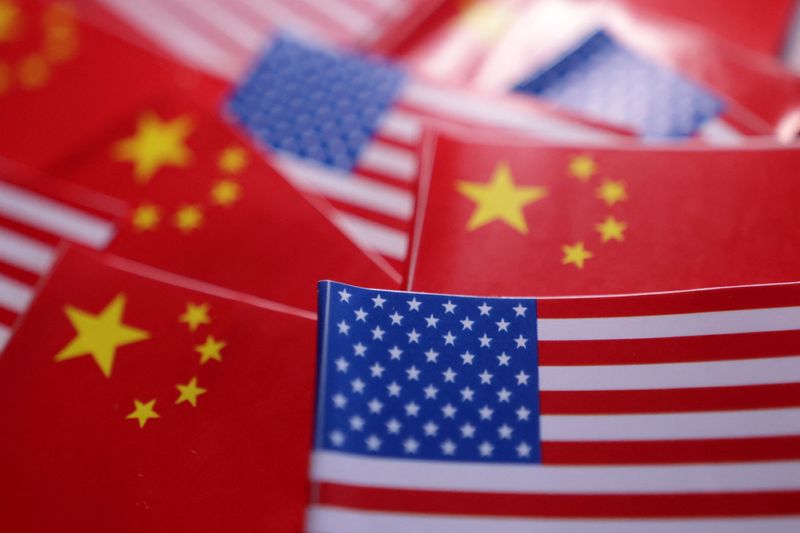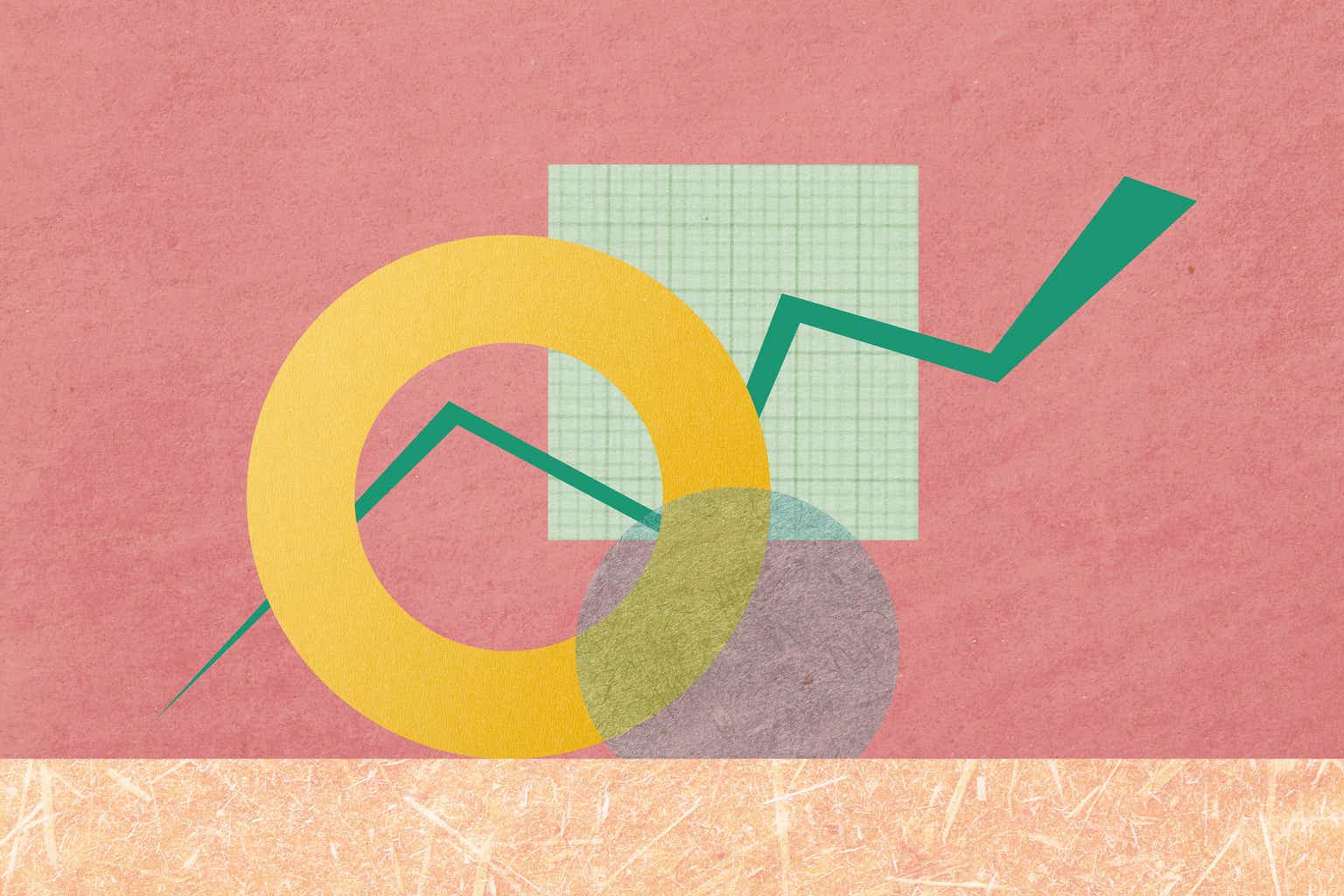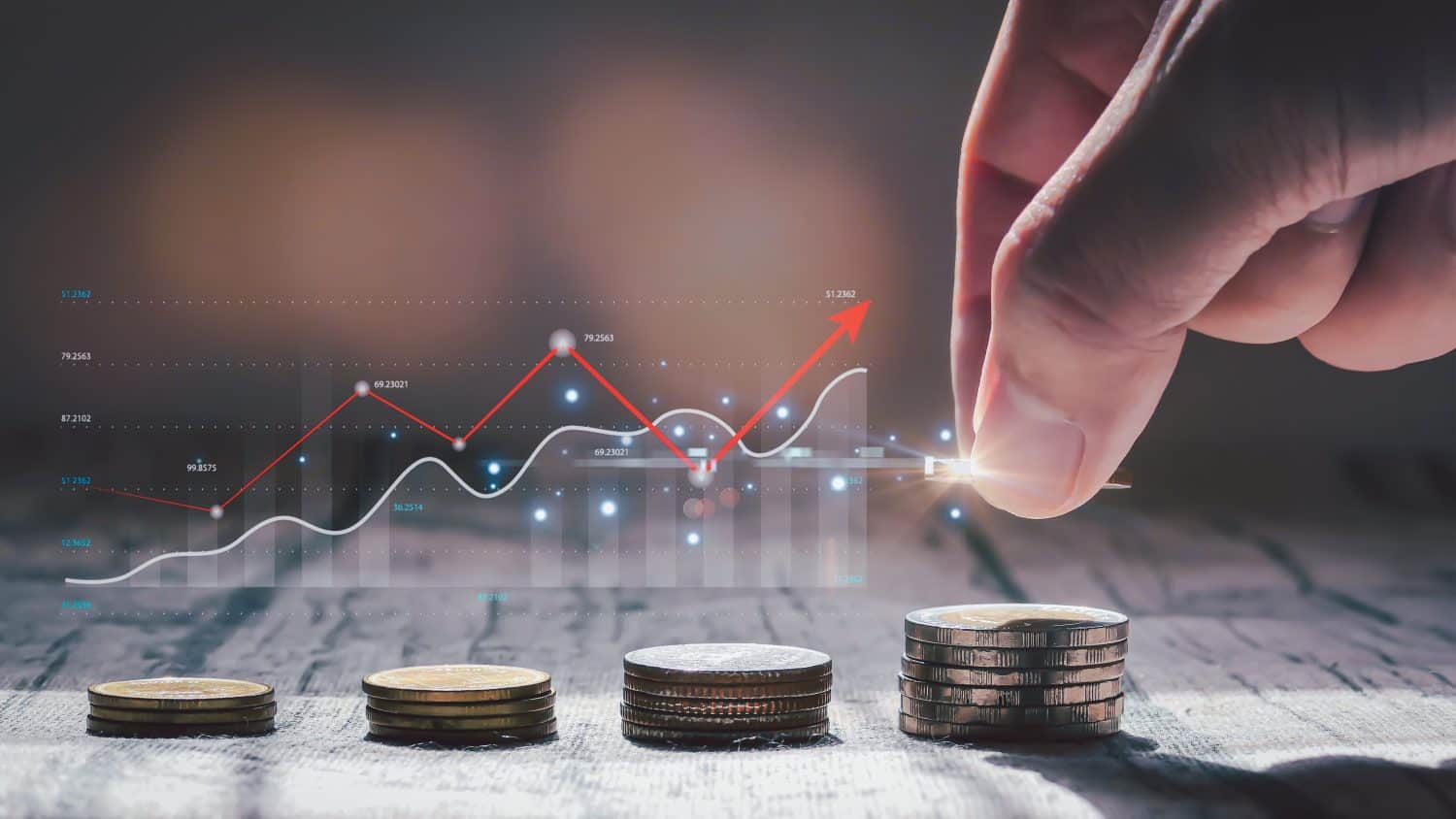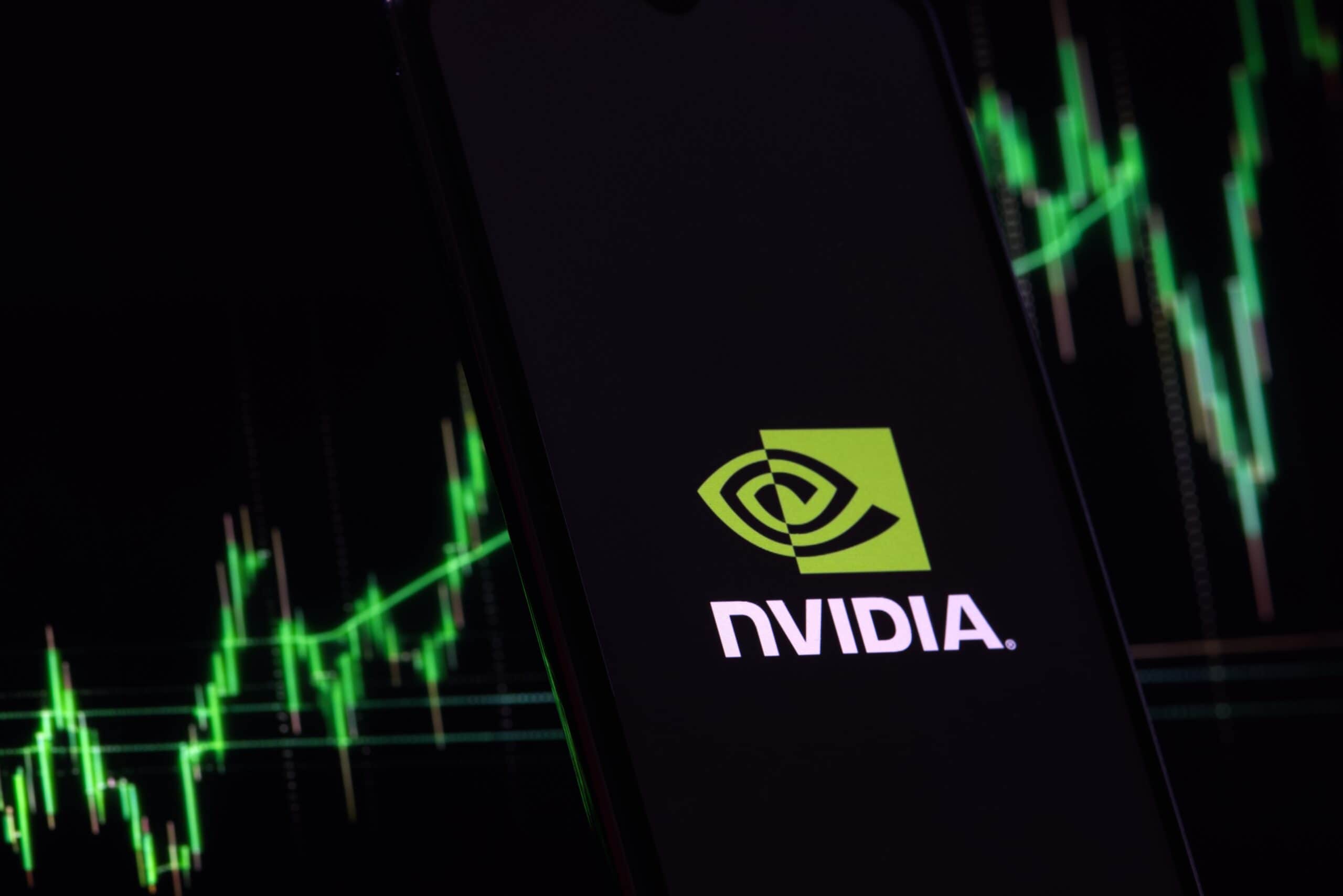Elon Musk Calls Congressional Spending Bill a ‘Disgusting Abomination’ – What Does This Mean for Investors?
On June 3, Elon Musk unleashed a firestorm on his social media platform X, branding President Donald Trump’s “One Big Beautiful Bill” (BBB) a “disgusting abomination” that would “massively increase the already gigantic budget deficit to $2.5 trillion” and burden Americans with “crushingly unsustainable debt.” Musk, who recently departed from his Department of Government Efficiency […] The post Elon Musk Calls Congressional Spending Bill a ‘Disgusting Abomination’ – What Does This Mean for Investors? appeared first on 24/7 Wall St..
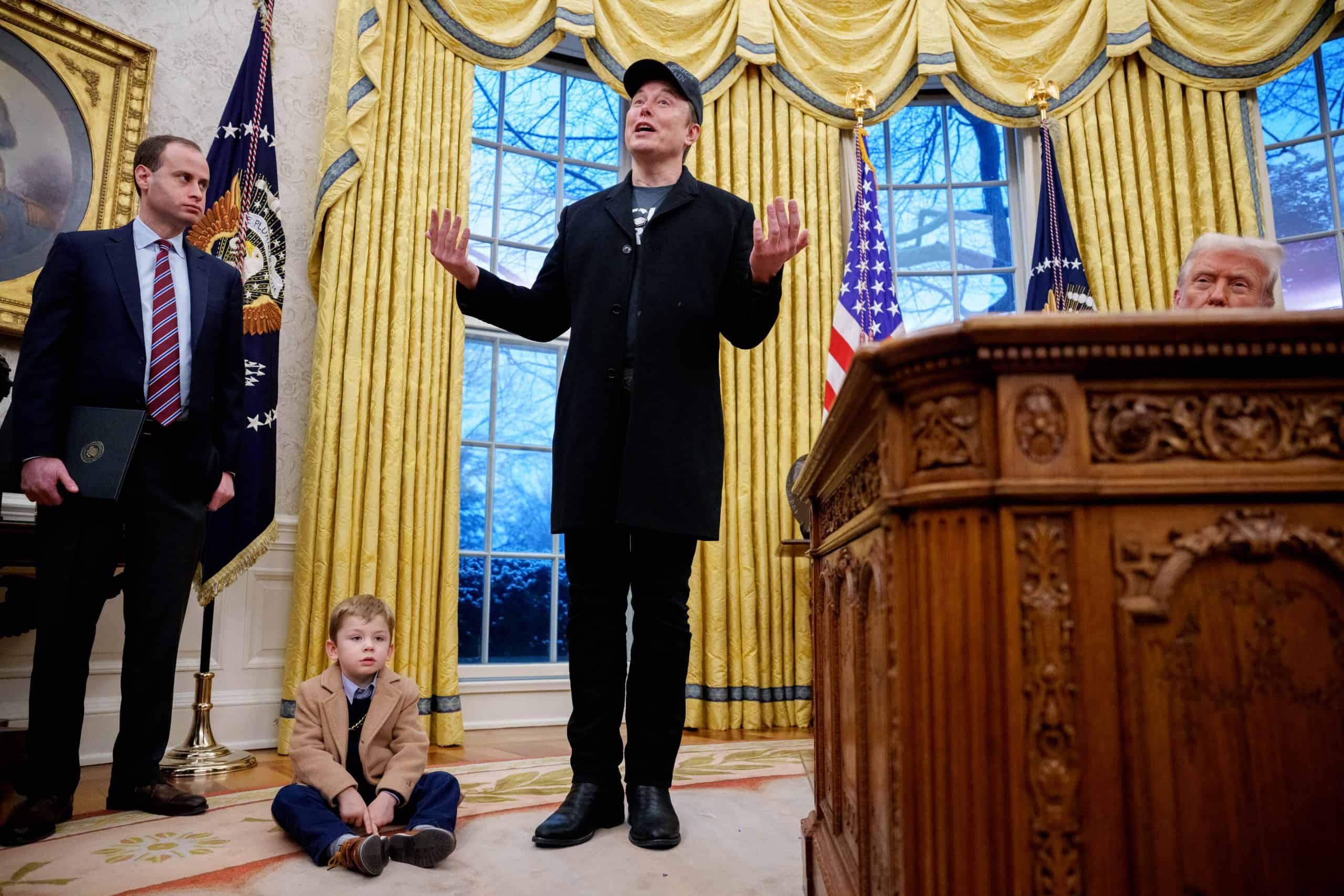
On June 3, Elon Musk unleashed a firestorm on his social media platform X, branding President Donald Trump’s “One Big Beautiful Bill” (BBB) a “disgusting abomination” that would “massively increase the already gigantic budget deficit to $2.5 trillion” and burden Americans with “crushingly unsustainable debt.”
Musk, who recently departed from his Department of Government Efficiency (DOGE) role, decried the bill’s $5.3 trillion in tax cuts and spending hikes — extending 2017 tax breaks, boosting military and border security, and adding pork, such as $10 billion for a “Trump Economic Freedom Fund” — outstripping $2.9 trillion in cuts to Medicaid, SNAP, and green energy.
He sought deeper spending reductions to align with DOGE’s $2 trillion cut goal, not deficit expansion. The disagreement seemed to escalate into all-out war on Thursday when Trump, defending the bill, called Musk “CRAZY” on X, claiming the BBB fuels “tremendous GROWTH,” while Musk fired back, threatening to “fire” pro-BBB politicians. The feud sent Tesla (NASDAQ:TSLA) stock careening 14% lower.
Key Points in This Article:
-
Elon Musk’s fierce opposition to Trump’s Big Beautiful Bill, labeled a “disgusting abomination,” sparked a public feud on X, driving a 14.3% plunge in Tesla’s (TSLA) stock.
-
The bill’s $2.4 trillion deficit increase over a decade fuels Musk’s concerns about unsustainable $1.1 trillion annual debt interest and economic instability.
-
Investors face heightened market volatility, and precious metals gained as a hedge, while tech and fixed-income assets risk pressure from rising yields and tariffs.
-
Are you ahead, or behind on retirement? SmartAsset’s free tool can match you with a financial advisor in minutes to help you answer that today. Each advisor has been carefully vetted, and must act in your best interests. Don’t waste another minute; get started by clicking here.(Sponsor)
Deficits As Far As the Eye Can See
The Congressional Budget Office (CBO) estimates the BBB, passed by the House on May 22, would add $2.4 trillion to the federal deficit over the next 10 years, with $3.8 trillion in tax cuts and spending partially offset by $1.3 trillion in reductions, primarily from Medicaid ($988 billion) and nutrition programs ($294 million).
Including interest, the Committee for a Responsible Federal Budget (CRFB) projects a $3 trillion debt increase, or $5 trillion if temporary tax cuts become permanent, pushing the $36.2 trillion national debt to 156% of GDP by 2034. The bill’s $3.75 trillion revenue loss from extending 2017 tax cuts, eliminating taxes on tips and overtime, and loosening firearm regulations overshadows savings, despite Trump’s claim of economic growth offsetting costs.
In fiscal 2024, the U.S. government paid $1.1 trillion in interest on its debt, surpassing defense spending and consuming 25% of government revenue, up from $659 billion in 2020.
Musk warns this trajectory, exacerbated by the BBB’s deficit hike, risks “debt slavery,” where interest crowds out Social Security, Medicare, and defense. Rising deficits could spike Treasury yields, as seen in a weak 20-year bond auction post-BBB passage, driving up borrowing costs and inflation.
Ratings agency Moody’s also downgraded U.S. debt in May, citing unsustainable debt-to-GDP ratios, signaling the market’s unease with the spending bill.
What It Means for Investors
The BBB’s fiscal recklessness poses risks and opportunities. Equity markets, particularly growth stocks like Tesla, face volatility while commodities investors, particularly precious metals, could benefit from safe-haven demand as deficits fuel inflation fears,
However, higher interest rates could pressure tech-heavy portfolios, as seen in Wednesday’s market sell-off. Fixed-income investors face rising yields, but also default risks if debt ceiling talks falter, a concern with the bill’s $4 trillion limit hike. Defensive sectors like utilities or consumer staples, however, may outperform if inflation accelerates.
Key Takeaway
Musk’s critique aligns with fiscal hawks like Senators Rand Paul and Ron Johnson, who demand spending cuts to pre-COVID levels. Yet, Trump’s push for growth via tax cuts, echoed by House Speaker Mike Johnson, risks overheating an economy with 3.7% unemployment. The Senate, with a 53-47 GOP majority, may revise the bill by July 4, but four GOP “no” votes could stall it, prolonging uncertainty.
Investors should hedge with diversified assets, favoring inflation-resistant plays like commodities while monitoring Senate negotiations and Musk’s waning influence, which could sway markets further.
The post Elon Musk Calls Congressional Spending Bill a ‘Disgusting Abomination’ – What Does This Mean for Investors? appeared first on 24/7 Wall St..




